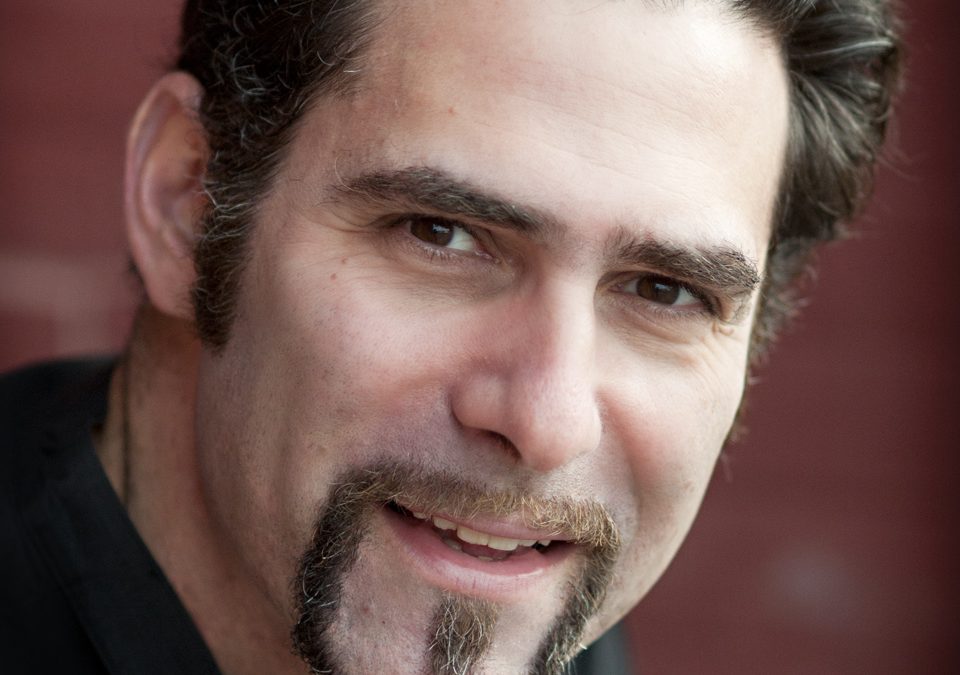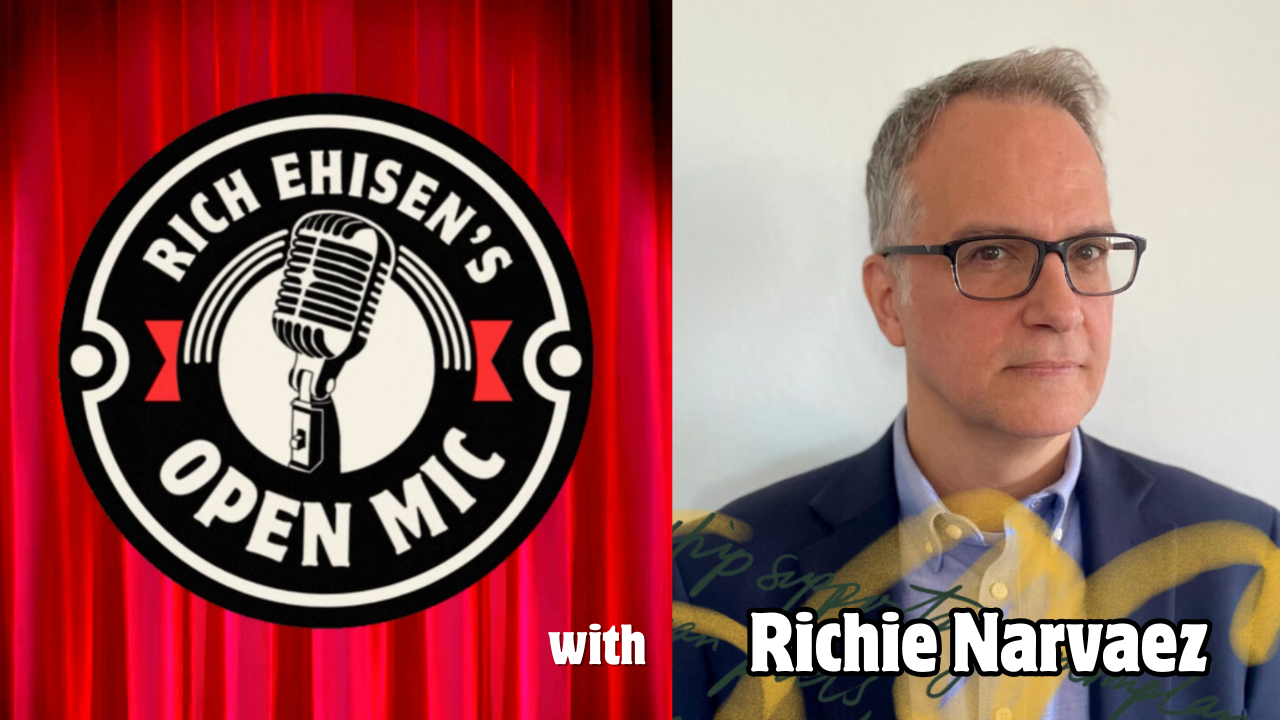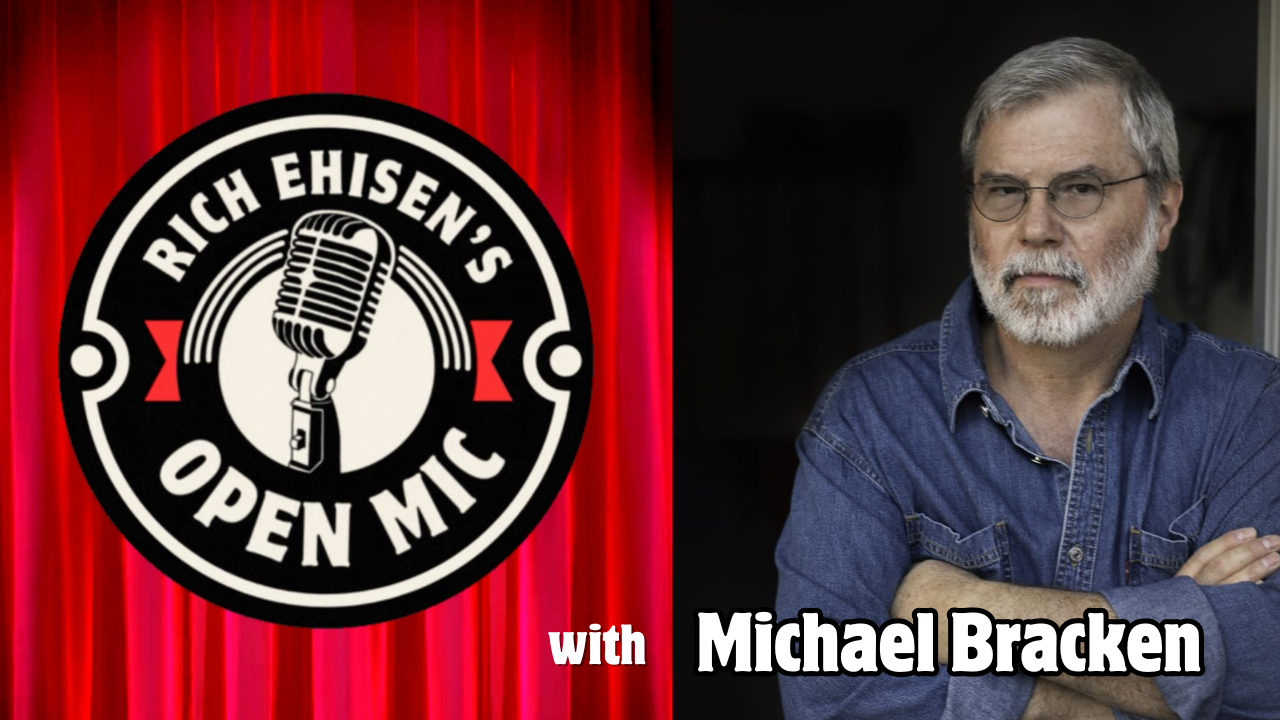Every journalist and writer I know has at one time or another suffered from a poor editing job. It is a fact of life when you do what we do for a living. The big question is how to deal with in a way that improves the relationship you have with that editor rather than destroying it.
First and foremost is not to take editing – whether you consider to be egregious or not – as a personal insult. A colleague of mine who now works for a major magazine in NYC once endured a nasty chewing out from a regular contributing writer who insisted that she never touch even a single word of his copy. As he saw it, every word he turned in was precious and pristine and therefore not subject to her revisions. Needless to say, even though that editor has since moved on to much bigger and better things, that egocentric gentleman no longer gets assignments from that magazine. Even if he had a legitimate gripe, rather than having a rational discussion with the editor he chose to blow the relationship up instead of seeing how he could work it out to his advantage. The worst part is he probably doesn’t even know why.
In short, if you have a beef you have every right to speak up about it. But before you do, ask yourself a few hard questions:
1) Has the editor’s changes made the story incorrect or misleading in some way? if so, that is an entirely different discussion than just being unhappy about cutting a graph or two
2) Do you normally like working with this editor and/or the publication?
3) Does this happen frequently?
4) Do you need to keep getting assignments from this publication?
No matter how you answer these questions, you need to keep your head on straight and not go overboard with your response. Even if you have a totally legitimate gripe, having a fit is not the answer. Editors may forget a good writer every now and then, but they will never forget a bad one or one who makes their life difficult. So my advice is this: work hard on building good relationships with your editors at all times. Deliver your best copy on time and include your sources and contact info. And above all else, if something goes wrong act like a professional. Otherwise, you won’t be one for long.




